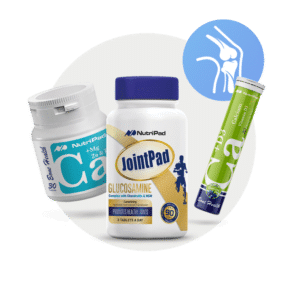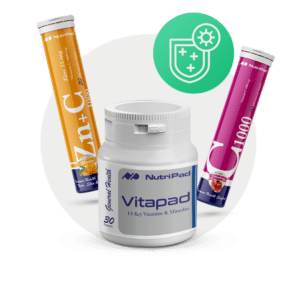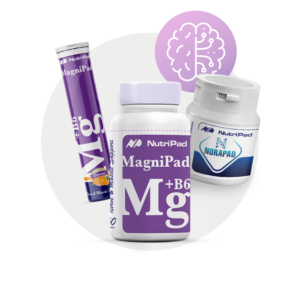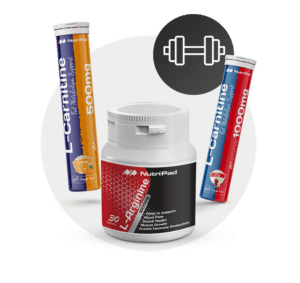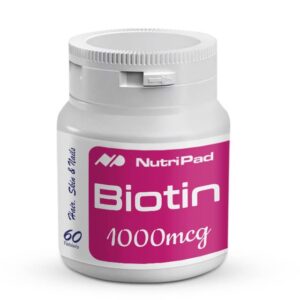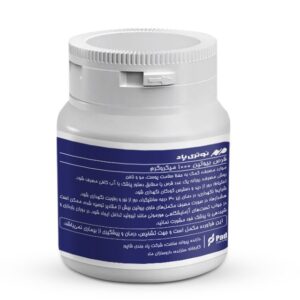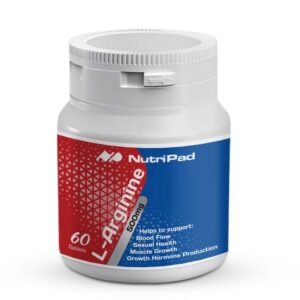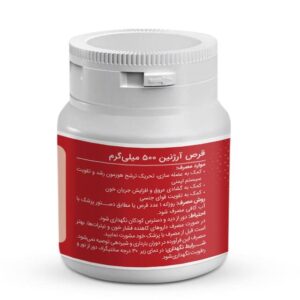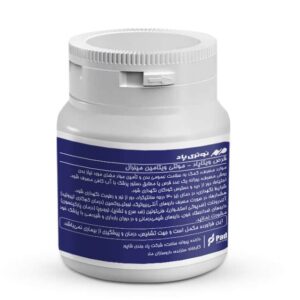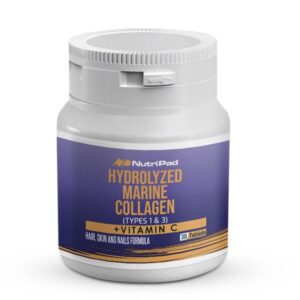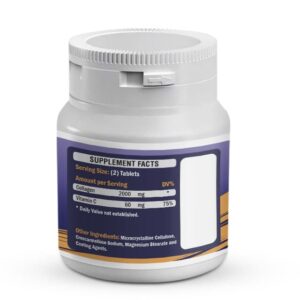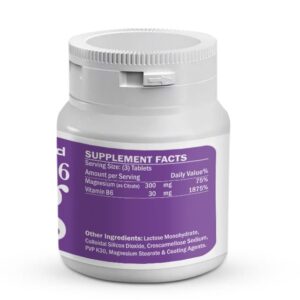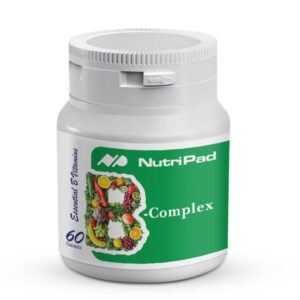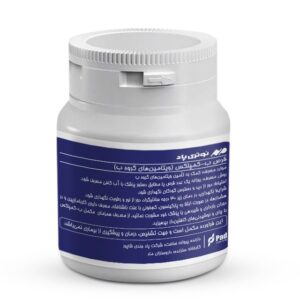Two important substances in our body, in the maintenance of the skin, hair and nail health: biotin and zinc (part1)
Part One
Biotin
Biotin or vitamin B7 is a water-soluble vitamin and is required for a variety of different processes in our bodies. Biotin is also known as vitamin H. Deficiency in vitamin B7 will lead to a variety of signs and symptoms. Biotin is required for several processes. One of them is gluconeogenesis (production of glucose from other nutrient substances like proteins). Biotin is also involved in the metabolism of branched-chain amino acids and it is also needed in the synthesis of free fatty acids and this is important in the maintenance of skin nail and hair health.
Sources of biotin
We can get biotin from our diet. Dietary sources of biotin include: Egg yolk salmon, pork, oats, wheat, mushrooms, dairy, spinach and rice. Biotin is also synthesized by gut microbiome (certain bacteria that exist in our gut). Recommended daily intake of biotin is 30 micg/day. Biotin is necessary for synthesis of carboxylase enzymes and these enzymes are important in metabolism for example, in production of energy during fasting. Biotin in the diet is absorbed in the small intestine. Sometimes biotin in the diet is bound to a protein. Biotin in the egg yolk is bound to a protein called avidin and in uncooked egg this protein prevents the absorption of biotin however egg yolk is rich in biotin. Biotin is absorbed into the blood from the gut and finally is excreted in the urine.
Biotin deficiency
Biotin deficiency is rare in people with normal diet however certain circumstances may predispose us to biotin deficiency. Alcoholism, consumption of raw egg whites, parenteral nutrition and malnutrition are some of the risk factors for biotin deficiency. Another cause for biotin deficiency is decreased bacterial synthesis in the bowel. This could happen in inflammatory bowel disease and in people who receive broad spectrum antibiotics. Decreased absorption of biotin could also result in biotin deficiency. Inflammatory bowel disease, gastrointestinal surgery (removal of a large portion of gastrointestinal tract) and alcoholism could lead to decrease in biotin absorption. Some of the medications such as anti-convulsants could predispose the patient to biotin deficiency. Importantly, smoking is also a risk factor for biotin deficiency through increased breakdown of biotin in the body. A genetic defect called “biotinidase deficiency” affect biotin absorption and result in biotin deficiency.
Sign and symptoms of biotin deficiency
- Most importantly biotin deficiency affects integumentary system. Hair loss, scaly dermatitis, dry skin, brittle nails and conjunctivitis could happen due to biotin deficiency.
- Neurological symptoms are another category of symptoms that could be seen in biotin deficiency. Lethargy, depression, hallucinations, paresthesia on extremities and tingling sensation, hypotonia, ataxia and even seizures in some cases and developmental delay (in children with biotinidase deficiency) could all happen due to biotin deficiency.
Biotin deficiency: evaluation and treatment
A diagnosis of biotin deficiency is confirmed by measurement of biotin and sometimes related substances in urine. Genetic analysis is helpful in diagnosis of biotinidase deficiency (the enzyme responsible for biotin absorption). It is preferable to diagnose the underlying cause of biotin deficiency first however this is not always possible. For the treatment of biotin deficiency, we need biotin supplementation. Biotinidase deficient patients require lifelong biotin supplementation.
Interactions
It is noticeable that biotin supplementation can interfere with thyroid function tests. As a general rule tell your doctor and pharmacist about all medications, supplements and herbal medicine that you take.




